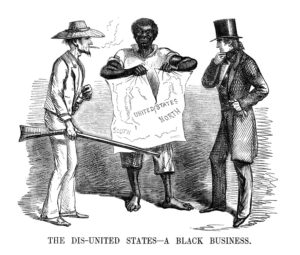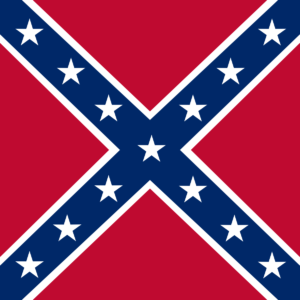Most modern Americans, who think about the nature of the American Civil War, consider the war to have been justly initiated against the South, because, as they most likely believe, it was a war perpetrated to end slavery. Yet even if Lincoln perpetrated the war to end slavery, the Civil War was neither civil nor just.
The Just War Doctrine, which western society has acknowledged for many centuries and to which the United States implicitly subscribed at its inception, is the only non-anachronistic standard by which modern American society can judge a western nineteenth century war to determine if it was justly commenced. One of the criterion of the Just War Doctrine is that a war can only be just, for the aggressor nation, if every other means to achieve a peaceful resolution has been earnestly attempted. Both Lincoln’s own words and his actions prove that he did not resort to war as a last resort. Another criterion of the Just War Doctrine is that an aggressor nation must have a just cause for war. While the abolition of slavery, under certain circumstances, could have been a just cause for war, Lincoln’s own words refute that he initiated the war for that purpose. The historical record shows that Lincoln, and the Northern States, did not use war as a last resort and that he did not have a just cause to go to war against the seceded Southern States, which makes the American Civil War both morally and legally unjust.



